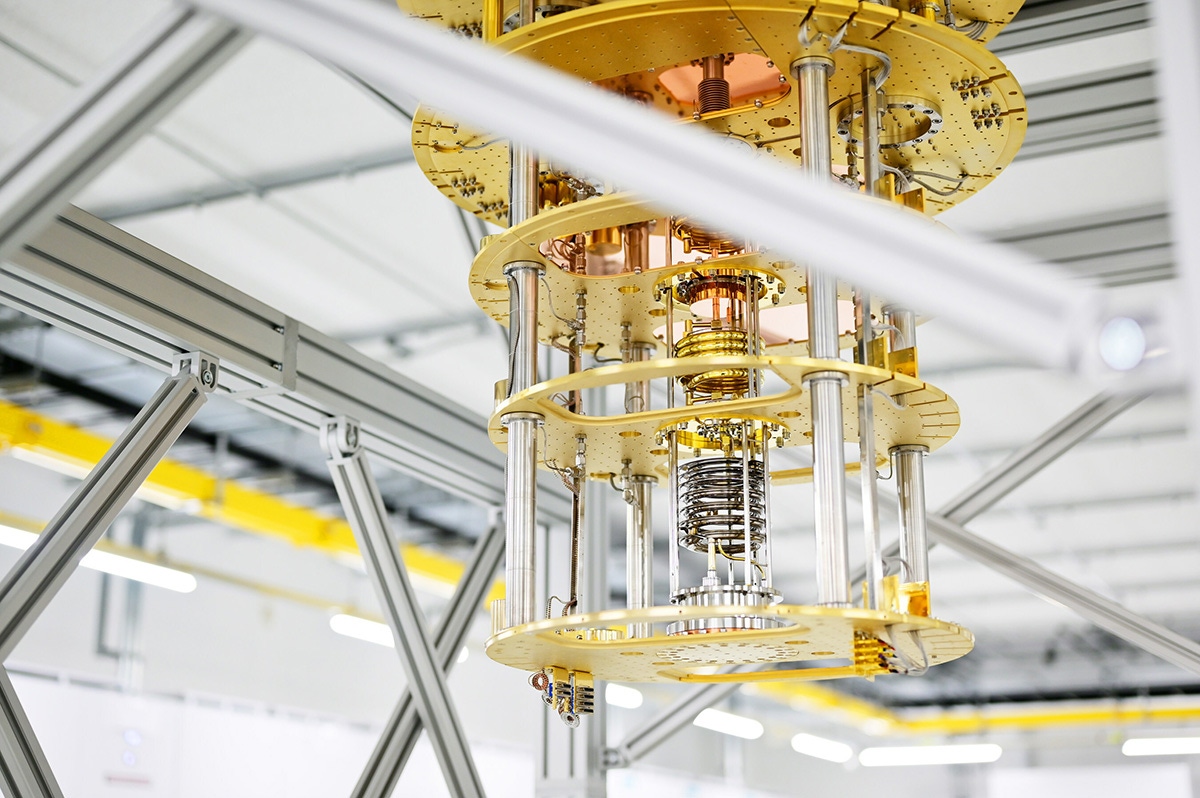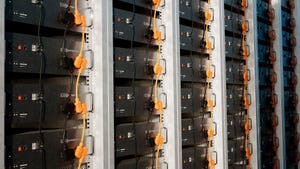Assessing the State of Quantum Data Centers: Promises vs. RealityAssessing the State of Quantum Data Centers: Promises vs. Reality
Though strides have been made to integrate quantum computers into traditional data centers, the widespread deployment of quantum data centers may still be a way off.

Will quantum computers be the next big thing in the world of data centers? Most quantum optimists – meaning those who believe quantum computers are more or less ready for real-world use – would say yes.
As quantum computers evolve from experimental systems into production-ready resources that businesses leverage on a large scale, data centers are the obvious place for them to live. But that doesn't necessarily mean most data centers will become home to quantum devices anytime soon.
The rate at which quantum computers make their way into conventional data centers – or at which data centers evolve to accommodate quantum devices – is likely to prove slow.
The State of Quantum Computers
As of 2024, quantum computers, which leverage quantum mechanics to perform operations thousands of times faster than conventional computers, have come a long way compared to just a few years ago.
Although we don't yet have quantum computers that are reliable enough, inexpensive enough, and scalable enough to handle everyday workloads, large tech companies, like Google and IBM, are already operating quantum devices that can handle real-world tasks.
Partly for that reason, many observers argue that we're approaching quantum practicality – meaning the point at which quantum computers become usable for widespread deployment.
Quantum Computers and Quantum Data Centers
Despite the advances in quantum computing technology, there has been little convergence between quantum computers and the data center industry. Most quantum devices exist in purpose-built facilities, not the everyday data centers that host traditional infrastructure.
To be sure, some quantum computer operators call those facilities, like Google's quantum lab in Santa Barbara, "quantum data centers." But they're not data centers in the conventional sense; they're buildings constructed solely to house quantum computers.
There is good reason, however, to expect traditional data centers – the type whose main job today is hosting conventional servers, not quantum computers – to become home to quantum devices as well. After all, in terms of space, energy and cooling equipment, quantum computers have the same basic needs as convention computers. It makes just as much sense to deploy quantum devices in a data center as it does x86 or ARM servers.
Plans to this end are already in development: Last year, Equinix announced a partnership with quantum computing vendor Quantum Circuits to deploy a quantum computer in an Equinix data center. Equinix said at the time that the deployment would be complete by "late 2023," and it does not appear that the companies hit that goal. Nonetheless, their initiative is a big deal because it represents one of the first efforts to bring a quantum computer into a conventional data center.
Challenges to Quantum for Data Centers
On the other hand, despite some progress in turning data centers into homes for quantum computers, we probably shouldn't expect such deployments on a large scale in the near future. There remain steep challenges to overcome for both the quantum computing industry and the data center industry.
On the quantum computing side of the equation, demand for real-world quantum devices needs to pick up before we're likely to see more businesses show interest in deploying quantum computers inside data centers. To date, despite significant leaps forward in recent years, most quantum computers are still used only for experimental or proof-of-concept purposes. Analysts predict that this will change in coming years as companies make massive investments in quantum infrastructure – much of which will likely be housed in data centers – but that's just not happening yet.
As for the data center industry, many facilities will need to undergo some physical changes to become ideal homes for quantum computers. Currently, conventional data centers provide the core space and resources that quantum devices need to function. But quantum computers have some unique needs, such as extra protection from electromagnetic interference, that most data centers cannot currently provide.
The good news for the industry is that meeting these requirements won't require rebuilding facilities from the ground up in most cases. Data centers can be retrofitted to become quantum-friendly. But almost none have undergone such changes yet – and given the low demand for deploying quantum devices in data centers, few data center operators have strong incentive to optimize their facilities for quantum computing.
So, there's something of a chicken-and-egg problem that must be overcome before quantum data centers become a widespread reality: Until more businesses want to deploy quantum computers inside data centers, data center operators are unlikely to invest in the changes needed to accommodate quantum hardware. But until they do, businesses have less reason to turn to data centers as homes for quantum computers.
Slow but Steady Progress Toward Quantum Data Centers
We're inching closer to a world where quantum computers become commonplace in data centers. But that world is still at least a few years away.
In the near future, the closest we're likely to come to real-world quantum data centers are small-scale proofs-of-concept, like Equinix's piloting of a quantum computer deployment. Expect that to change, but not too soon.
About the Author
You May Also Like









